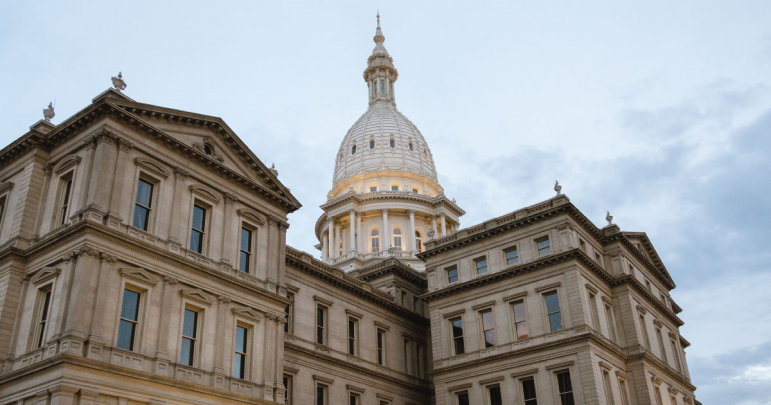What actually predicts college success?

There’s quite a bit that determines whether or not a student is successful in college. They need to have good study habits, be able to write well, be able to manage their own time, be a self-advocate. Academics have created the Four Keys to College and Career Readiness, the 8 noncognitive variables needed for college […]
Education for a forty-year career

The centerpiece of our education policy agenda is that our education system should prepare students not for a first job, but for a forty-year career. The dominant narrative today seems to be the opposite – that we need to tie education far more with immediate workforce needs, preparing more young people for occupations like welders […]
Not investing is not an option

The policy agenda we released in April is built around public investment. Years of cuts to our education system, our cities, to public services, and to our social safety net have placed a drag on the economy and lowered living standards for Michiganders. To put Michigan on a path to prosperity, public investment is required. […]
The skilled trades and six-figure salaries

In just about any discussion on college access, someone will at some point mention the skilled trades. “Let’s not forget about the skilled trades,” they’ll say. “There’s such demand, and you can make six figures as a welder or electrician!” Because of the prevalence of this idea – both that there are a lot of […]
How we integrate Michigan’s neighborhoods and schools

In the report we released last week detailing our recommendations for redesigning Michigan’s education system, we target a range of areas for reform. From curriculum and pedagogy to funding and accountability, just about every facet of our education system calls for change. But if we had to pull one lever that would most dramatically change […]
Transforming how we pay and develop educators

In the report we released last week detailing our recommendations for how to reform Michigan’s education system, we dedicate an entire section to the one factor upon which just about everything else depends: the human capital working in and supporting our schools. For many Michigan children, our education system is focused solely on a narrow […]
Building the 6 Cs and earning college degrees in Michigan

On Wednesday we released a report detailing our recommendations for how to redesign Michigan’s education system, birth through college. Our recommendations are based on the understanding that to thrive in today’s ever-changing knowledge economy, students need to develop a range of skills that go far beyond what’s measured by standardized tests, and have the opportunity […]
Our recommendations for redesigning Michigan’s education system

Last month we released our first ever state policy agenda. In it we offered a set of recommendations for how we redesign our pre-K to 16 education system, create places where talent wants to live and work, and broadly share prosperity, all with the goal of raising living standards for all Michiganders. Today we’re releasing […]
Low-wage work and a better measure of economic well-being

The poverty rate is often used to measure economic well-being. When the poverty rate drops (which hasn’t happened in some time), we assume more people are better off, more economically secure. But the income level by which someone is declared either in or out of poverty is a fairly arbitrary number, based on a “basket […]
MFS Lessons Learned Part One: The What

As many readers know, in 2009 Michigan Future established the Michigan Future Schools (MFS) initiative, a high school accelerator designed to give start-up funding and capacity-building supports to new, small, college-prep high schools in Detroit. That project has now come to a close, but what’s emerged from our work is a set of learnings about […]
